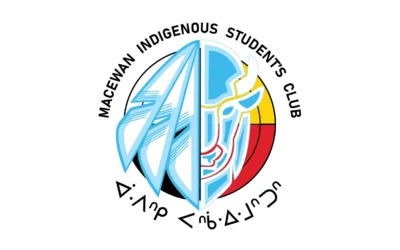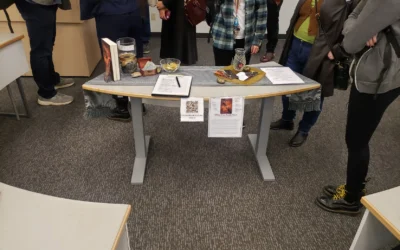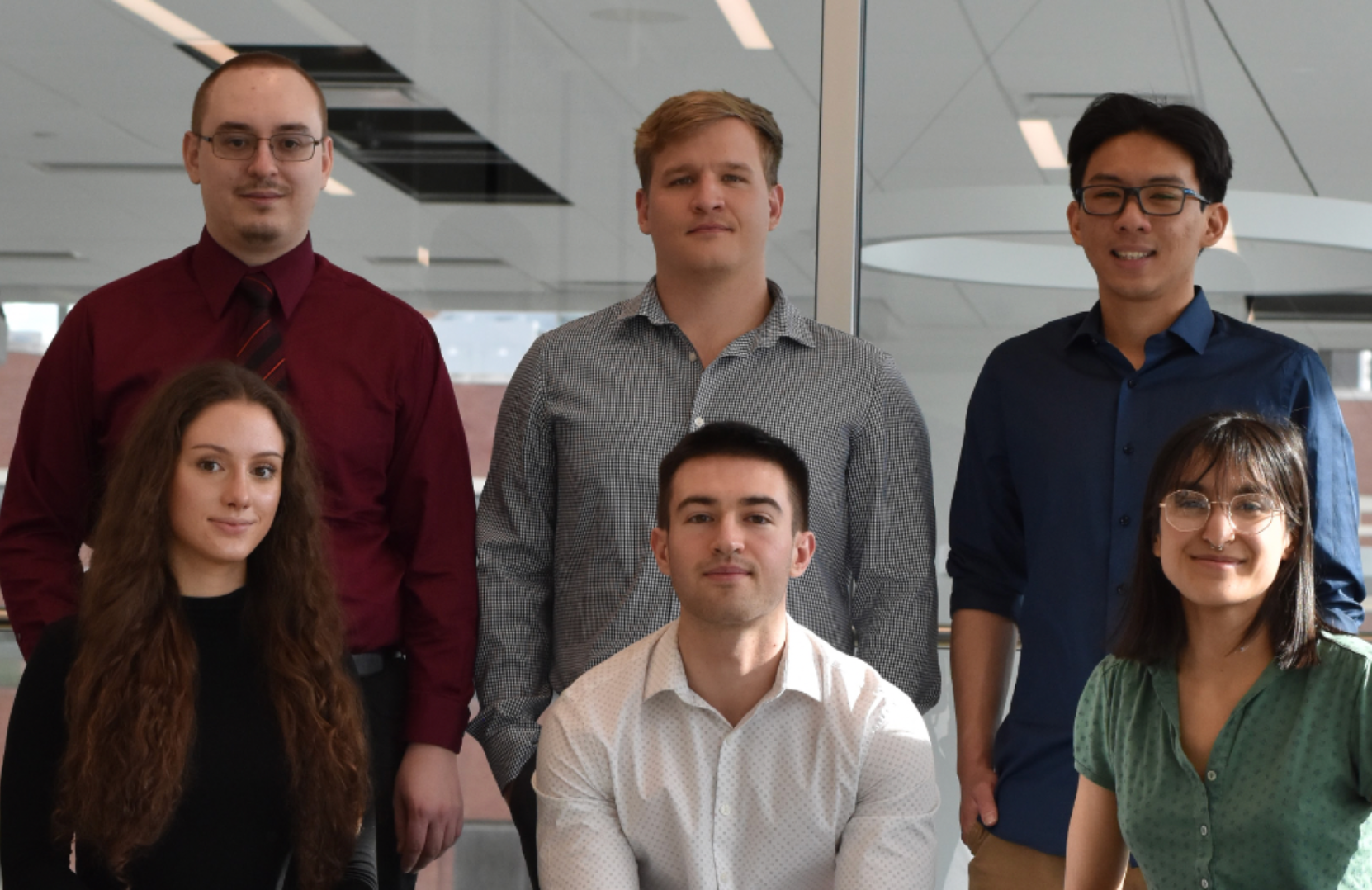Can you tell me a little bit about the club, please?
Kary Chen: So the Acupuncture Awareness Society used to be named Acupuncture Wellness Movement. It used to be a club/grad committee. Now we want to promote acupuncture and its benefits. We want to educate the public and provide resources.
Desire Johnson: We have such a small cohort of classmates. So unless we’re involved in other extracurricular activities, we don’t even know each other. Part of our other initiative is a welcome, like get to know your fellow acupuncture students, because we could be passing each other every day and have no idea. You can actually feel very isolated. It’s an opportunity for us to both get to know each other within the academic community itself, as well as branch out. There are so many people who say they didn’t know we had an acupuncture clinic here.
What is the teaching clinic?
KC: The acupuncture teaching clinic is located in Building 9, Room 302. You have to book an appointment online or a book at the clinic. It costs $15.
DJ: It is a student-run clinic. So the interns are usually second or third-year students, and they have a (licensed) observer. It gives us as acupuncture students the opportunity to treat a diverse variety of ailments. And it also allows people to access an acupuncture treatment at a cost they probably wouldn’t get anywhere else. The standard rate (for an acupuncture treatment at a non-teaching clinic) is $75 to $90 per treatment.
Can you give me a rundown of the treatments you offer and what they do?
KC: We have Tuina, Gua sha, moxibustion, TDP lamp, cupping, laser, electro-needles, ear seeds, and acupuncture. The client has to commit for at least five weeks; acupuncture takes time, it doesn’t just happen overnight.
DJ: So these treatments can be used mainly for the reduction of pain but we can also do a lot of other non-muscular-skeletal disorders. So things like insomnia, stress, anxiety, depression, fatigue. The treatments can increase energy levels. We can’t say that we cure anything, but we can treat it for improvement. Usually these treatments compound, so the more treatments you go to the better the results tend to be.
Why is it important for students to learn about acupuncture as a medicine?
DJ: I think it’s a growing industry as people become frustrated with the western medical system. A lot of the people who come to our clinics have pretty much been told that there is no treatment, there is no cure. A lot of them have been living in chronic pain for 30 or 40 years. So when they find out about this, it’s groundbreaking. And if students can access this as something for their health and well-being — because we know student life is stressful — if they can combat this and be preventative instead of treating something 30 years down the road, then I think it is very beneficial.
What is the difference between a massage and acupuncture?
DJ: I would say that massage is mostly for treating muscular-skeletal conditions and of course they do have specializations. But acupuncture is better tailored to handle some of those internal diseases, like even diabetes management. They definitely are very complimentary though.
What are your favourite treatments?
DJ: I love a Back-shu treatment, which balances out your main internal organs. It’s an insertion of needles along the bladder meridian. So you are face down, it’s a perfect one for people who are starting out or are afraid of needles because you don’t need to see them. I feel energized for about three hours after. It’s a great way to boost your body.
KC: For me, I’m in second year and still learning, but I like ear seeds.
DJ: A French doctor found out that the ear is a microsystem of the body and so by placing these ear seeds, which apply constant acupressure towards these areas, it is able to influence certain body regions. It can also be used for hormonal imbalances.
Do you have meetings that students can attend and get more information?
KC: Information can be found online by searching MacEwan Teaching Clinic.
DJ: We were also part of SAMU’s StressLess. We’ve also done speaker series and hosted other health professionals. We have had someone come in who had built their own practice immediately after graduation as she walked us through how she had done that. We had an introduction to Chinese piñon. All of these are available to students.





0 Comments